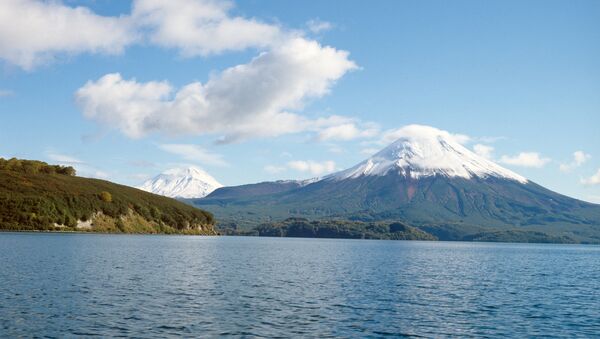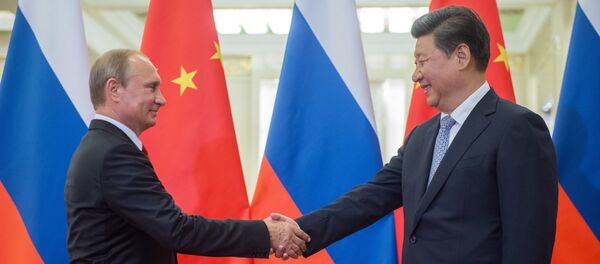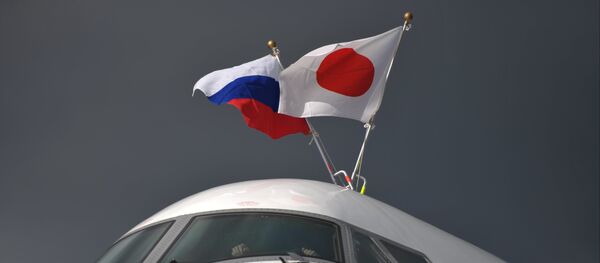Experts say that Abe is interested in fostering economic relations with Russia even if the territorial issue remains unresolved. But there are other, external factors that have to be taken into account.
"This is not simply an issue of relations between Russia (once the Soviet Union) and Japan. There is a third player involved, the United States. This issue surfaced in 1951 when the US occupation of Japan was over," the analyst said. "At that time Japanese leadership taking its national interest into account tried to reach a mutually-acceptable solution with the Soviet Union, but Washington interfered."
This is not what happened.
"The Japanese eventually rejected Khrushchev's 'generous offer' not because they did not want the two islands, but because the US did not let them" go through with the deal, the analyst noted.
On Tuesday, Chief Cabinet Secretary Yoshihide Suga said that the Japanese government wanted to continue the talks "to resolve the ownership issue over four islands and sign the peace treaty." Tavrovsky maintained that Suga's comments were meant for the US, not Russia. This was a veiled attempt to reassure Washington that Tokyo does not want to improve ties with Moscow.
"Meanwhile, I think that Abe is determined to drastically improve our economic relations since they see how our ties with China are progressing and they are concerned that they will be 'late to this party.' The economic cooperation that they have promised, Abe's eight-point plan, is not really a gift to us but Japan's wish to take part in our Siberian and far eastern projects," the analyst explained.
For Tavrovsky, Tokyo is trying to reclaim its sovereignty by making overtures to Moscow.
Tavrovsky defined these interests as follows: Japan, as an influential country wants to turn into a genuinely sovereign state that does not have to listen to orders from Washington.







